
Culture
17:49, 18-Nov-2018
'Super bird father' has rescued thousands of wild birds, and returned them all to the wild
Updated
16:46, 21-Nov-2018
Lin Yingying
06:19
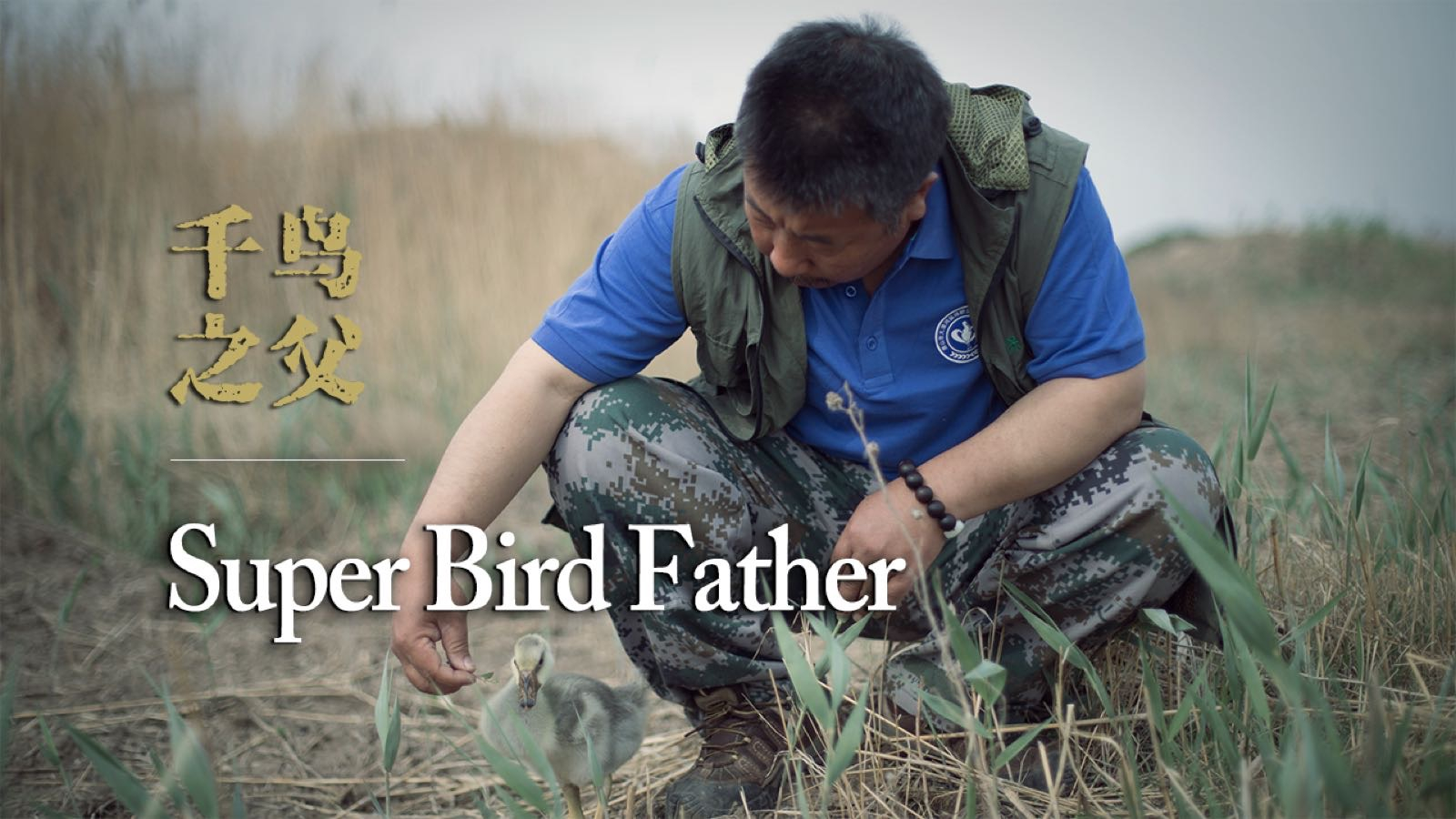
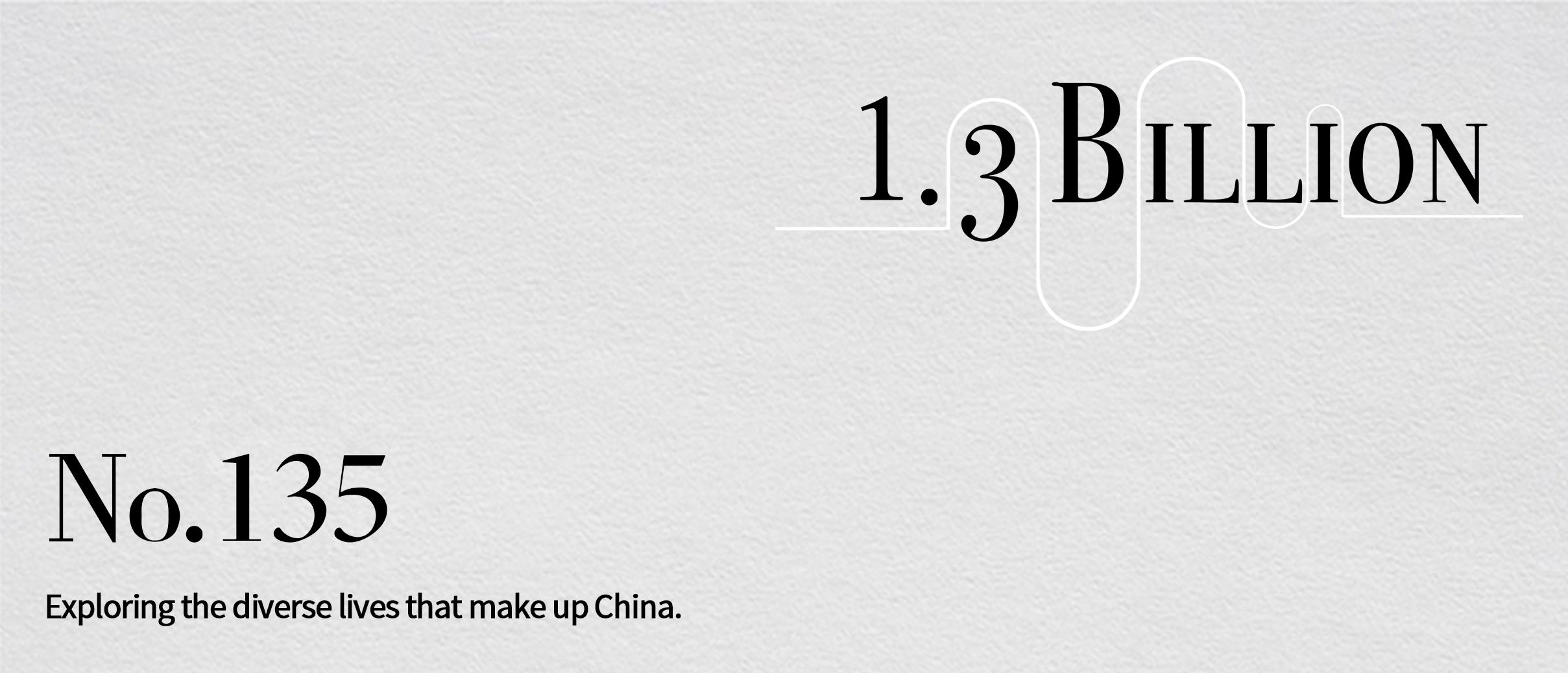
CGTN
CGTN
In 2003, Tian Zhiwei saved 13 large wild birds from death. He fed each a kilogram of fish every day, going through three metric tons of fish in the six months that followed. An ornithologist informed him that the birds were oriental white storks, which have a population of less than 3,000 worldwide. They prefer Poyang and Dongting lakes in China for wintering, and Far East Russia for breeding.
When the birds recovered, Tian thought he could release them back to the wild, but they were unexpectedly sent to a zoo for show. When he visited them later on, he found only six remained.
The man made up his mind to build a rescue station to help injured wild birds, and ensure they go back where they belonged – the wild, instead of the zoo.
And in 2011, that sanctuary was finally set up.
He used to be a soldier and worked in the aquatic products processing industry, but he decided to temporarily leave his job without a salary and devote his time to the conservation of wild birds.
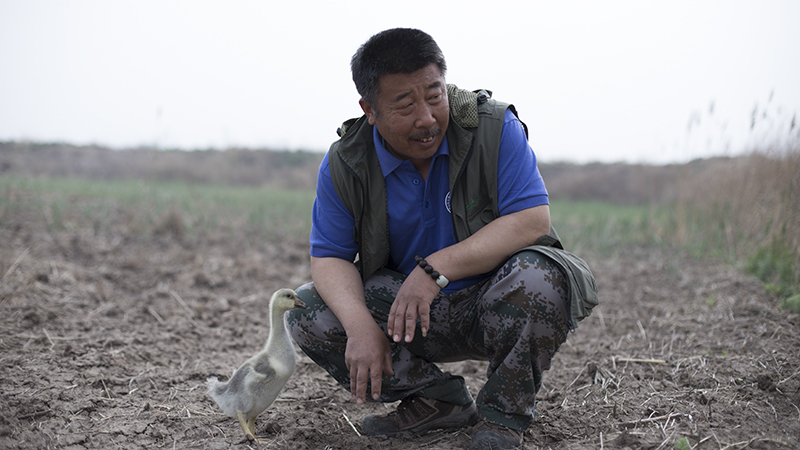
Tian takes care of a baby bird.
Tian takes care of a baby bird.
Tian was born in 1969 in China's Hebei Province.
He first came to Daqinghe salt field, the location of the present rescue station, at eight.
Daqinghe salt field is on the northern bank of the Bohai Bay. Its coastal wetland has a wide intertidal zone. Its brine concentration breeds great amounts of Artemia salina and other biological resources, attracting a large number of wild birds looking for a spot to rest, forage and breed.
It's the main stopover of the East Asian-Australasian Flyway and it plays an important role as a breeding site for many waders. More than 90 percent of the world's waders, including spoon-billed sandpipers, little curlews and grey-tailed tattlers, migrate through here.
Tian's love for birds stretches back to his childhood.
It's no exaggeration that he's familiar with every kind of bird at the salt field. He knows what the birds are doing simply by hearing them chirp. He can also identify the species, and even the gender, from a hundred meters away.
It is not because he has good eyesight, it's because of his passion for the birds.
In order to enrich his bird knowledge, he has read bird-related books and papers.
On top of that, he has put theory into practice.
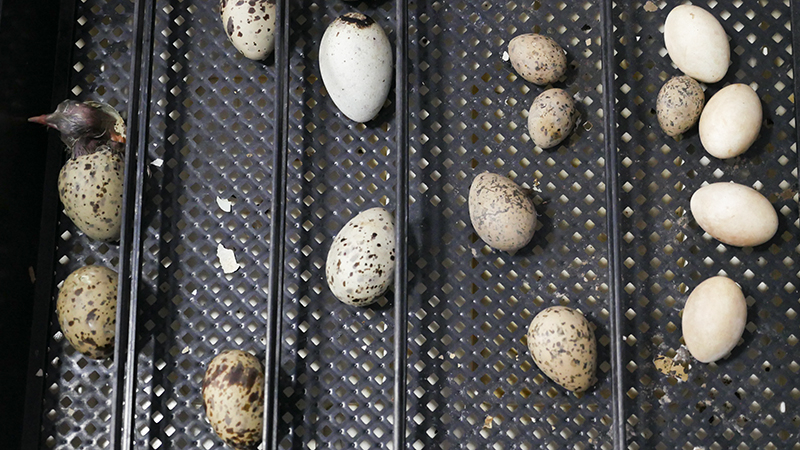
In spring, many waders come here for breeding. Bird conservationists will send eggs to rescue station when they find stolen eggs.
In spring, many waders come here for breeding. Bird conservationists will send eggs to rescue station when they find stolen eggs.
Over the last few years, he has committed himself to looking after the birds at the Daqinghe Rescue Station, which had only one room in 2011 when he first rented the land. However, Tian now has five areas to help the birds: a rescue area, recovery area, wild training area, artificial incubation area and nature education area.
Tian has helped more than 300 endangered birds, suffering from injury or poison, recover and return to the wild.
During breeding seasons, bird conservationists send eggs confiscated from poachers to the rescue station. Tian handles them with care and patience until they hatch.
In the summer of 2014, Tian helped 200 waders' eggs hatch. When 80 chicks were born, he began babysitting.
“I fed them eight times a day, and even paid them more attention than my son,” Tian said.
People call him the “Super Bird Father” due to his great artificial incubation.
Tian wishes all of his “children” could return to the wild to migrate and breed, but not all of them have the chance.
The bar-headed goose he rescued in 2014 was not able to return to the wild for many reasons. When Tian brought it back from Qinghai Lake, it mated with a domestic goose, which laid over 200 eggs in three years.
On May 1, 2017, only one chick emerged from the eggs. Tian regarded the hybrid chick as a treasure and gave her the name “Baby.”
“It might be the only one in the world,” said Tian.
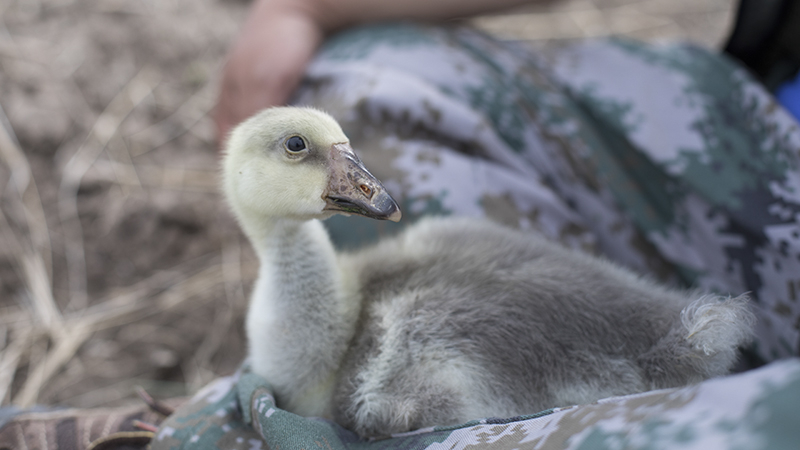
A super mixed-blood chick.
A super mixed-blood chick.
One year later, things became more incredible as “Baby” mated with another domestic goose and began laying eggs.
One super hybrid chick came out this time. Tian's excited about watching the bar-headed goose, the hybrid goose and super hybrid babies gather in his bird sanctuary.
“There is so much work in the rescue station: artificial incubation, feeding, giving treatments, wild training, recording, monitoring, rehabilitation that benefits the birds, and so on. I am really so fully engaged and fulfilled in my work at the rescue station that I nearly lose track of time,” Tian said.
However, rescue work is only one part of Tian's bird conservation efforts. To protect the birds more effectively, he combines his rescue practices with scientific theory.
Tian insists that a sufficient knowledge of birds is the footstone of bird conservation. He attaches GPS trackers on the birds he rescues in order to analyze their status. Through the data from the trackers, he becomes aware of the main habitats that should be protected.
Tian believes that one man's power is not enough in bird conservation. He hopes more people pay attention to wild birds.
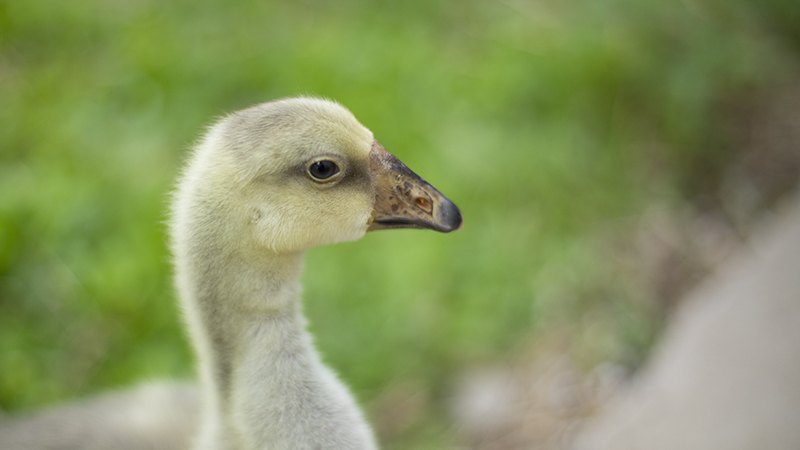
A third-generation super mixed-blood.
A third-generation super mixed-blood.
The rescue station is getting better and better, and more and more people including ornithologists, volunteers and government staff members come. Even children love to visit the wild birds and enjoy the nature education lectures here.
It may be Tian's endless exploration of birds that attracts people to the rescue station.
“If you concentrate on one thing, you can do it well,” Tian said.
Only with endless exploration can bird conservation be effective.
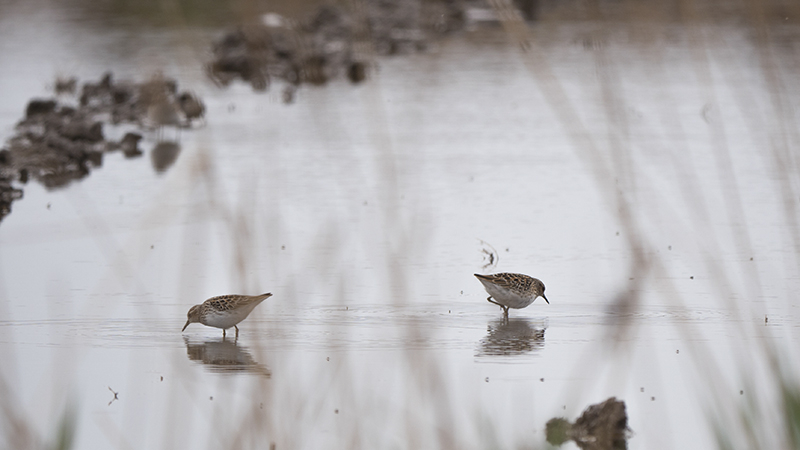
Two waders are foraging near the rescue station.
Two waders are foraging near the rescue station.
Director: Lin Yingying
Editor: Lin Yingying
Filmed and photographed by Lin Yingying, Wang Ying
Text by Lin Yingying
Copy editors: Matthew Arrington Watson, Nadim Diab
Producer: Wen Yaru
Chief editors: Pei Jian, Wang Dongmei
Supervisor: Pang Xinhua

The story is one in The 1.3 Billion series exploring the diverse lives that make up China.
The story is one in The 1.3 Billion series exploring the diverse lives that make up China.

SITEMAP
Copyright © 2018 CGTN. Beijing ICP prepared NO.16065310-3
Copyright © 2018 CGTN. Beijing ICP prepared NO.16065310-3